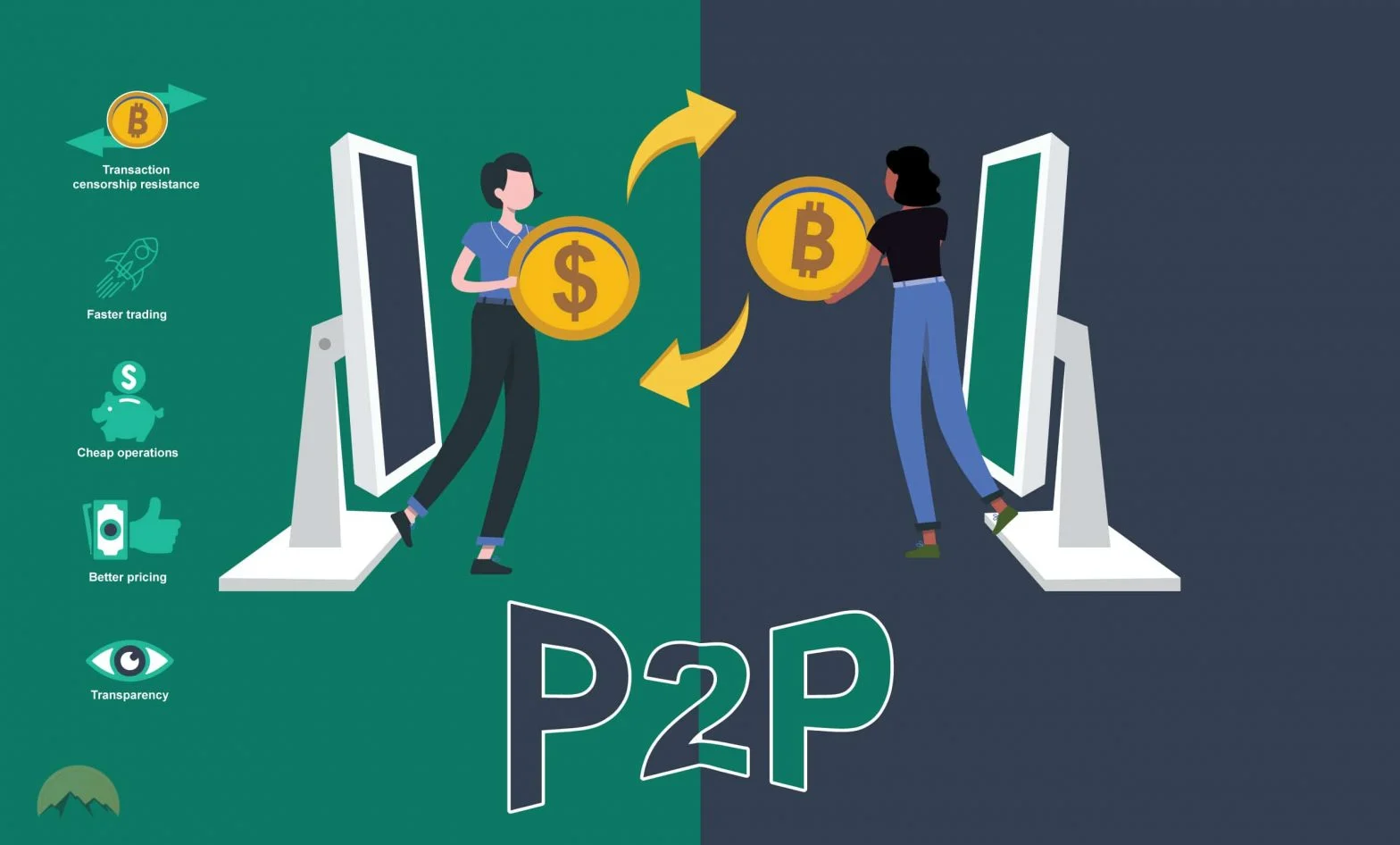Ziina raises $22 million amid rapid growth, solidifying its position as a leading fintech for small businesses in the UAE
Ziina, who had recently completed the inaugural cohort of YC that year and secured a $7.5 million seed investment, launched its fintech application to 20,000 retail customers in June 2021. This application enables users to transmit and receive money.
Three years later, the Dubai-based startup, led by Altos Ventures, secured $22 million in Series A funding.
The company has expanded its offerings to cater to the requirements of micro, small, and medium-sized businesses in the UAE, and it now has 50,000 retail and business customers.
Investors’ confidence in the fintech company’s expansion is reinforced by the substantial follow-on funding provided despite the global funding downturn.
The company has reported a 34% month-over-month increase in its customer base over the past year and a tenfold increase in revenues during the same period.
Faisal Toukan, the CEO and co-founder of Ziina, disclosed to TechCrunch that investors were particularly intrigued by three factors. The UAE’s rapidly expanding SME segment, the recent acquisition of a central bank license, and emphasis on product-led growth are among them.

Increasing the size of the small and medium
Ziina was initially developed as a peer-to-peer (P2P) payment application designed to facilitate sharing expenses, such as rent or group excursions.
According to Toukan, some business owners in the UAE also sought to utilize the digital wallet to transmit and receive payments even though the app gained popularity among retail customers.
Ziina responded by organically expanding its platform into two segments: Ziina Personal, which is used to split bills among acquaintances, and Ziina Business, which is used to collect payments.
The initial business feature enabled users to send payment URLs and receive payment via Apple Pay, Google Pay, MasterCard, and Visa.
Ziina expanded its product line in response to the growing demand from businesses.
These products include a payment gateway (checkout) integrated with platforms such as WooCommerce and Shopify for online payments, point-of-sale (POS) solutions that utilize QR codes for in-person payments, and solutions for payments via social media.
In addition to these capabilities, Ziina implemented CRM capabilities to enable businesses to monitor customer interactions and information.
The startup, which YC backs, continues to provide its P2P service; however, it is evident that most of its product concentration is now on small businesses.
The venture is focused on the underserved market of 560,000 SMEs in the UAE, which constitute over 94% of all companies and contribute approximately 60% of the country’s GDP.
The demand for financial management tools is on the rise, as approximately 77% of SMEs in the UAE have implemented digital payments as of 2023.
“We have transitioned from a consumer app to an ecosystem that connects consumers and businesses for payments under one platform,” Toukan explained during the call.
“We are an all-in-one platform for businesses to get paid in the UAE.” “We consider the overall experience, in which consumers can pay businesses and businesses can pay consumers, and then we expand the network effect across the two customer segments.”
That is one of the primary differentiators in our business and product strategy. So, in essence, all entities should be consolidated into a single ecosystem where individuals have a financially reliable partner.
Growth that is driven by-products
Ziina asserts that it resolves three critical sore points for small and medium-sized enterprises (SMEs) in the payments sector: accessibility, cost transparency, and user experience.
The fintech enables SMEs to establish a payment processor and open accounts in minutes rather than weeks, concerning accessibility.
Ziina asserts that its pricing is transparent and accessible to any concealed charges. The company charges 2.6% plus 1 AED (approximately US$ 0.25) for each payment link and POS transaction and 2.9% plus 1 AED for each payment gateway transaction.
Finally, customers are provided with an interface that allows them to monitor and reconcile online and offline payments and payment links.
Ziina has experienced substantial development in the past year, and it currently serves 50,000 active users, encompassing retail and business customers.
The business customers of Ziina are diverse, ranging from fashion and gaming to travel and tourism.
Toukan also informs TechCrunch that the startup is currently processing approximately 1,050 dirhams ($280) every 60 seconds and is on course to manage 1.1 billion dirhams (~$300 million) in annualized transaction volume, a significant increase from the 550 million dirhams (~$150 million) it processed last year.
Ziina’s expansion has been predominantly achieved through product-driven initiatives, as it lacks a dedicated sales team. The chief executive has stated that 55% of the company’s customers have been acquired through organic means, while the remaining 45% have been acquired through B2B referrals.
Nevertheless, this is expected to evolve as it expands and offers additional financial services due to the banking license it has obtained. The organization is hiring its initial sales personnel, including several individuals from Revolut.
Ziina asserts that it is the first venture-backed startup to receive a stored value facility (SVF) license from the Central Bank of the UAE.
This enables the fintech to provide a broader range of financial solutions, except lending, which necessitates a distinct license. Additionally, the fintech can generate revenue from the float when customers retain assets on the platform.
Fintech will shortly enter the expense management market with the launch of its card product, ZiiCard. Toukan thinks that this license and the financial ecosystem of products give Ziina a competitive advantage over other regional fintechs that offer overlapping financial services.
For example, Paymob offers point-of-sale terminals. Tabby is expanding its financial services beyond buy-now and pay-later, Telda provides peer-to-peer payments, and Mamo is engaged in spend management.
The chief executive, who co-founded the fintech with Sarah Toukan and Andrew Gold, believes Ziina has significant market potential in the swiftly expanding payments sector for consumers and businesses in the MENA region, despite the competition.
“The Middle East appears to be experiencing substantial growth, particularly in GDP.” “And the UAE is a pioneer in that regard,” the CEO observed.
“We are quite enthusiastic about the prospect of having 200,000 monthly active businesses on the platform in four years, provided that we perform our duties accurately,” stated the CEO of Ziina.
This is due to the increasing number of SMEs in the UAE. Additionally, competitors such as Nubank in Brazil have achieved 10 to 20% market penetration rates.
Therefore, we are committed to achieving this goal and becoming the Nubank of the region.
Activant Capital, Avenir Growth, Fintech Collective, FJ Labs, Jabbar Internet Group, Middle East Venture Partners, and Y Combinator also participated in the Series A round.
Since its inception in 2020, Ziina has raised over $30 million for its venture.



